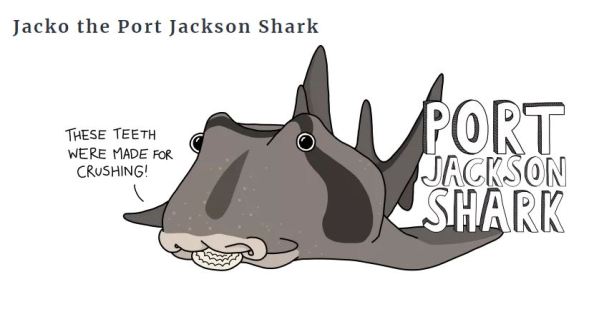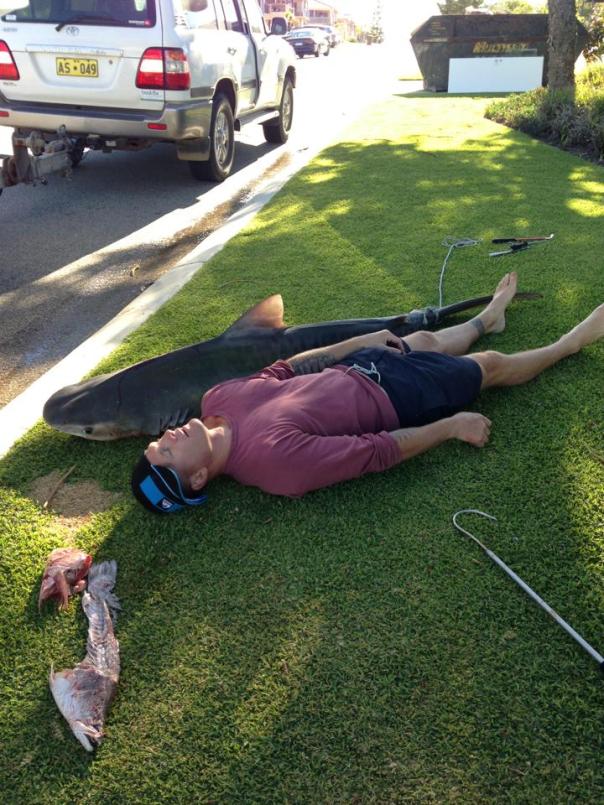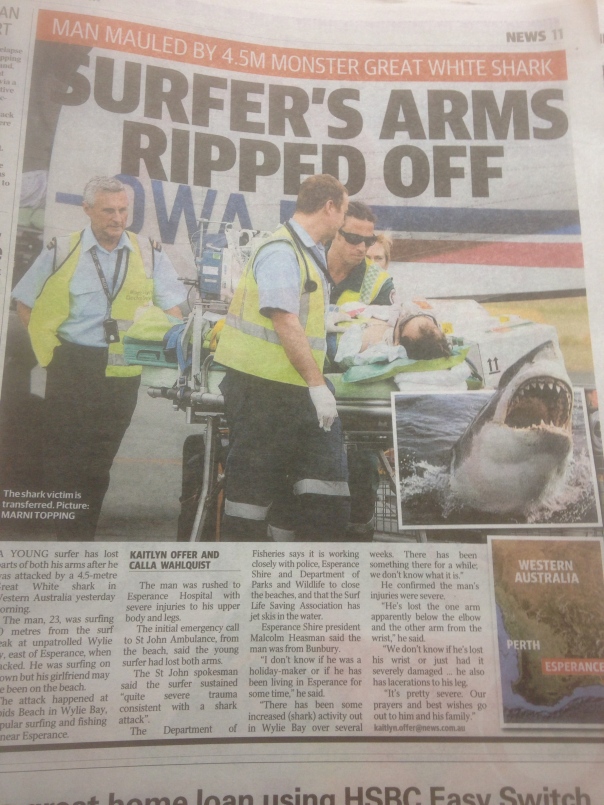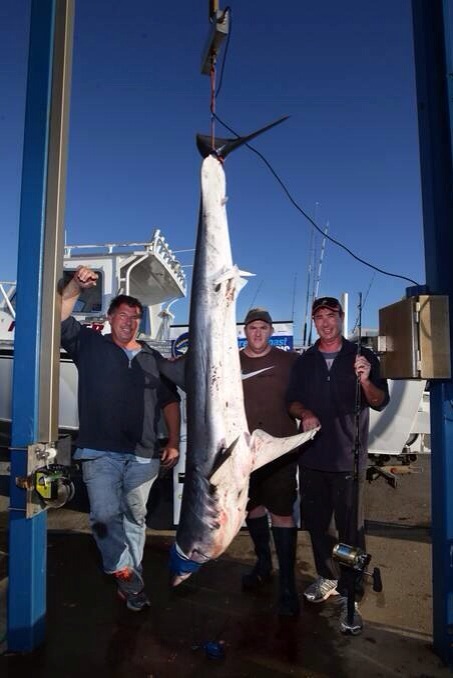With the international flak over its shark culling programs and threats to the Great Barrier Reef, Australia should be working hard on other fronts to promote its ocean conservation agenda. Sadly, the Coalition Government is intent on making things worse for those who care about the ocean and instead assisting commercial fisheries with its removal of some marine park protections.
Thanks to MPA News for the article below. To view an updated map of global marine protected areas, visit Protect Planet Ocean.
The new Coalition Government in Australia, elected by national vote in September, has scrapped management plans developed by the prior Labor Government for most of the nation’s representative system of MPAs. The impacted MPAs are the 33 sites that were designated in 2012 by the Labor Government. The dropped management plans would have taken effect in July 2014.
The impacted sites increased the national MPA system last year from 27 sites to 60, expanding the system to a total of 3 million km2 (MPA News 14:3 and 14:1).
The sites include the 1-million km2 Coral Sea Marine Reserve, of which roughly half would have been no-take under its now-dropped management plan.
Environment Minister Greg Hunt told MPA News in October that the new reserves were “imposed without fair or adequate consultation” of industry, and would unfairly lock out recreational fishermen from large areas of the ocean (MPA News 15:2). He said the sites’ management must be reviewed and redeveloped before final management plans are adopted by Parliament.
The management plans for the 33 sites were passed by the Australian House of Representatives – one half of Parliament – earlier this year. Some conservationists anticipated the Senate – the other half of Parliament – would pass the plans, too, in coming months, thus making the plans law. But the Coalition Government scrapped the plans on 16 December by having the nation’s Governor-General re-proclaim the reserves, effectively restarting the management plan development process.
However, the Coalition Government stopped short of calling for a review of the sites’ boundaries. The boundaries will remain as designated under the Labor Government, although for the time being they are simply lines on a map. Their designation one year ago followed a series of six phases of public consultation conducted by the Labor Government, with strong support from conservation organizations and opposition from several fishing industry groups, including commercial and recreational ones.
A review of the management plans, expected to last about six months, will now begin. The Government will appoint a scientific panel and several Bioregional Advisory Panels to facilitate and improve consultation with stakeholders. The make-up of the panels will be announced in early 2014.
Environment Minister Greg Hunt’s statement on the MPA management plans:
http://bit.ly/managementplans
Statement by Australian Recreational Fishing Foundation on scrapping of MPA management plans:
www.recreationalfishing.com.au/index.php/rss/31-coalition-government-delivers-on-marine-park-promise-to-australia-s-5-million-recreational-fishers
Statement by Australian Marine Conservation Society on scrapping of MPA management plans:
www.marineconservation.org.au/news.php/153/uncertain-future-for-worlds-largest-network-of-marine-reserves








